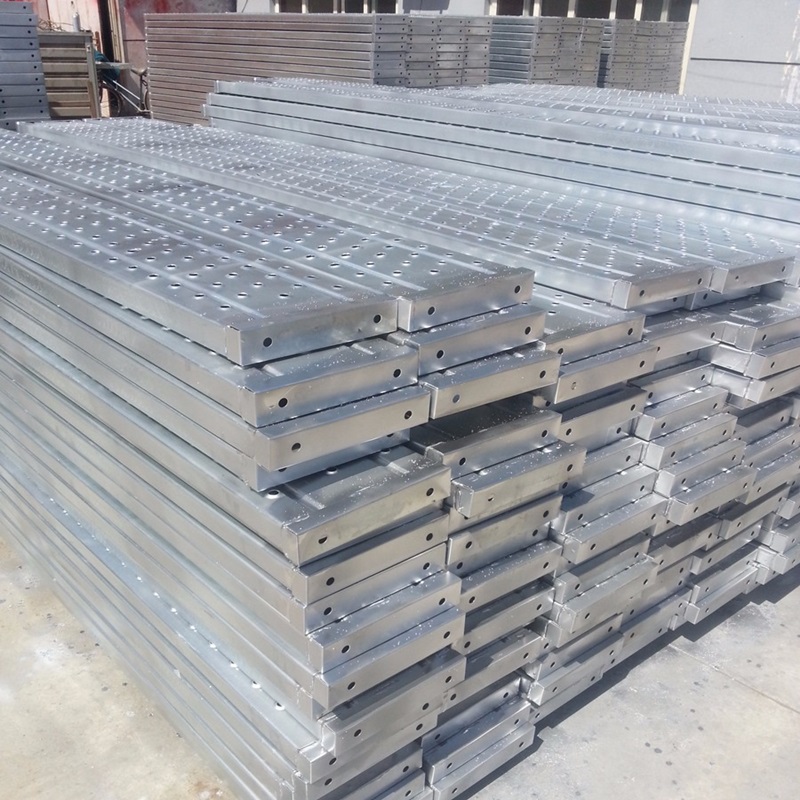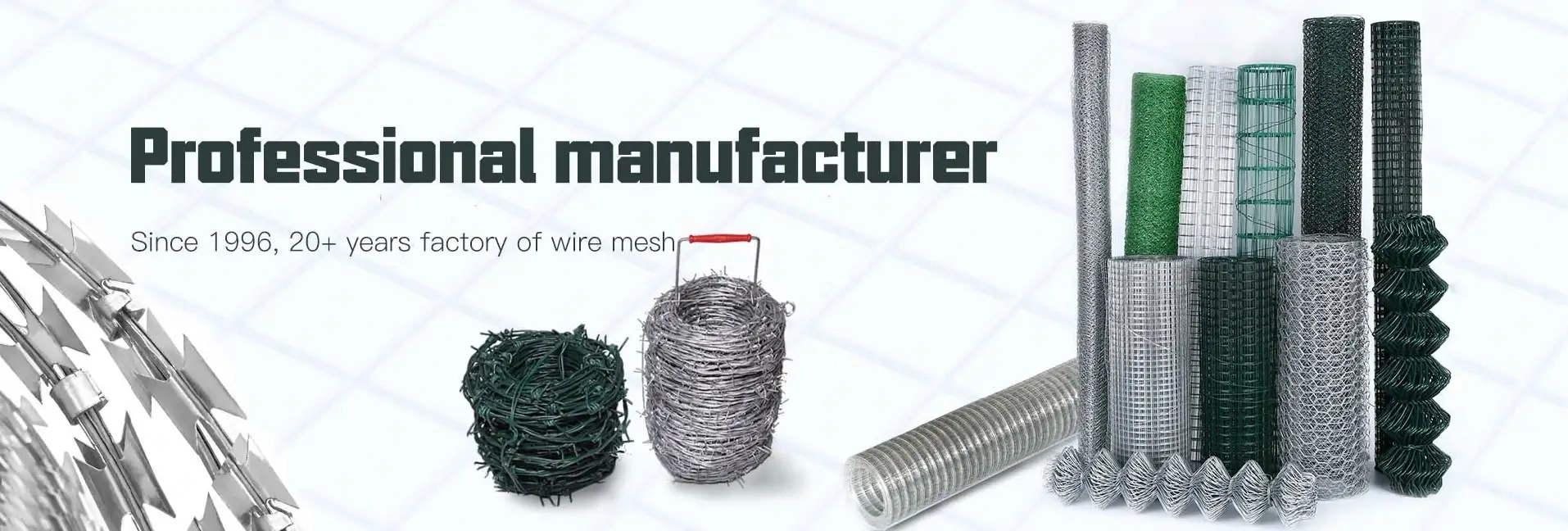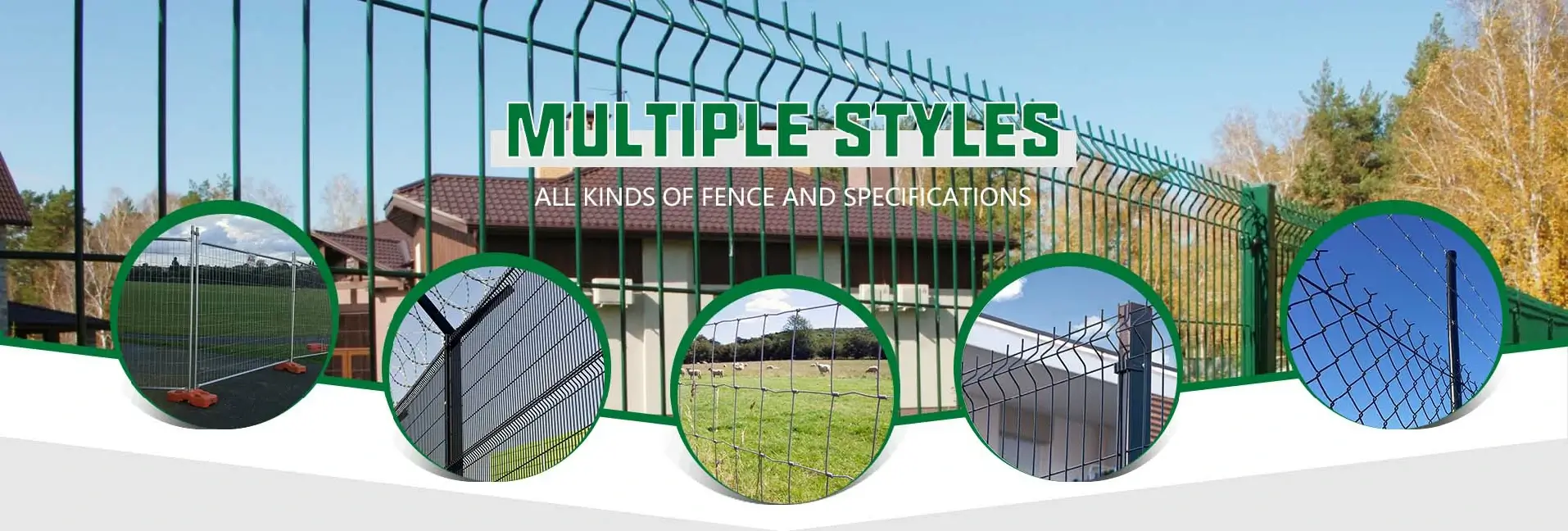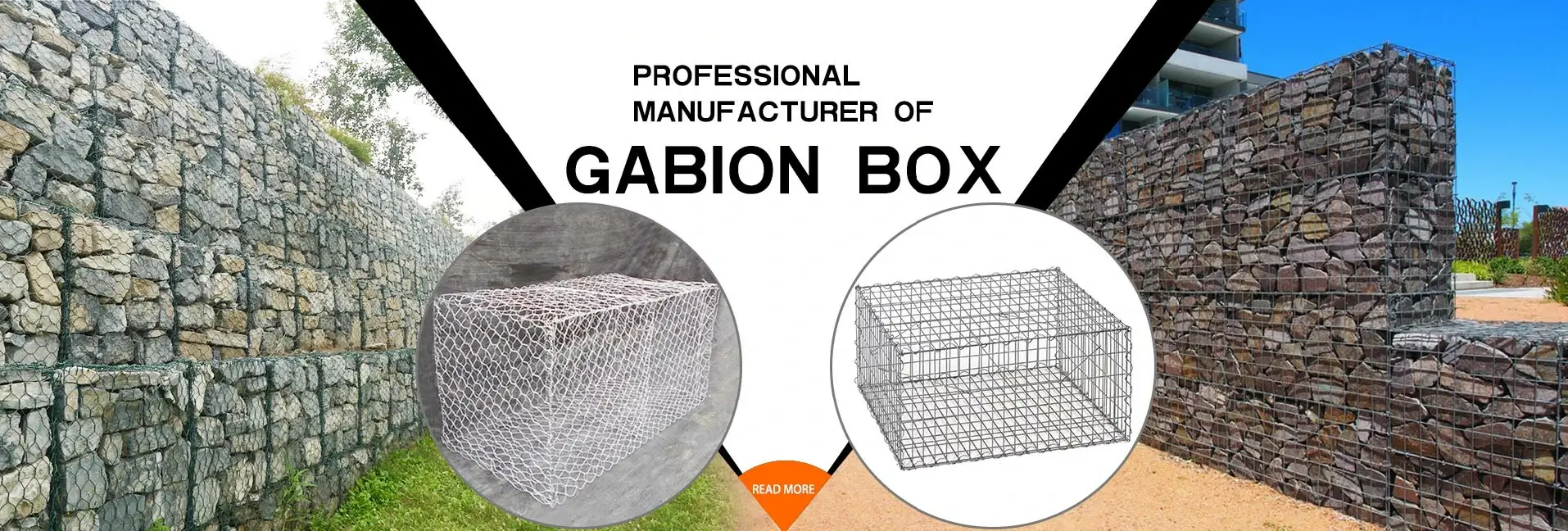8 月 . 18, 2024 01:11 Back to list
Wholesale durable fixed knot fencing solutions for secure and versatile agricultural applications and beyond
The Benefits of Wholesale Fixed Knot Fence Netting
When it comes to livestock management and agricultural practices, fencing plays a critical role in defining boundaries, protecting crops, and ensuring the safety of animals. Among the various types of fencing options available, fixed knot fence netting stands out for its resilience, durability, and effectiveness. In particular, wholesale fixed knot fence netting has gained popularity for its cost-effectiveness and versatility in various applications.
Understanding Fixed Knot Fence Netting
Fixed knot fence netting is a type of woven wire fencing designed with a unique knot system that provides added strength and stability. Unlike traditional fencing methods, the fixed knot system prevents the wires from sliding, which makes the fence less likely to become loose over time. The construction typically features vertical and horizontal wires woven together, forming a strong, stable mesh that can withstand significant tension and pressure.
This type of netting is especially beneficial for containing livestock such as cattle, sheep, and horses. Its design ensures that animals cannot easily escape or become entangled, reducing the risk of injury. Moreover, fixed knot fencing can also serve as an effective barrier against predators, protecting both livestock and crops from unwanted visitors.
Cost-Effectiveness of Wholesale Options
Purchasing fixed knot fence netting in wholesale quantities offers significant financial benefits for farmers and ranchers. Buying in bulk often results in lower per-unit prices, which can lead to substantial savings, especially for large-scale agricultural operations. This cost-effectiveness allows farmers to allocate their resources more efficiently, enabling them to invest in other crucial areas of their business.
Wholesale shopping also streamlines the purchasing process. It not only reduces the frequency of orders but also minimizes shipping costs. When bulk orders are placed, suppliers often provide better delivery terms, ensuring that the netting arrives on site in a timely manner, allowing for seamless installation and implementation in agricultural projects.
wholesale fixed knot fence net

Versatility in Application
Fixed knot fence netting's versatility is another reason it's become a preferred choice among agriculturalists. It can be used for a variety of purposes, including fencing for horse pastures, sheep pens, orchards, and gardens. The adaptable nature of this fencing makes it suitable for different types of terrain and environments, whether rural, semi-rural, or even urban settings with livestock.
Furthermore, fixed knot fence netting can be installed easily and quickly, making it an ideal solution for those who may not have extensive fencing experience. It can be mounted on various types of posts—wooden, metal, or vinyl—providing flexibility to match existing fencing infrastructure or specific project requirements.
Maintenance and Longevity
Another significant advantage of fixed knot fence netting is its durability. Made from high-quality steel and often coated with protective materials, this fencing solution is resistant to rust, corrosion, and wear. With proper installation and minimal maintenance, fixed knot fencing can last for decades, making it a long-term investment for agricultural operations.
While occasional inspections are recommended to ensure optimal performance, the maintenance requirements for fixed knot netting are relatively low compared to other fencing solutions. This allows farmers and ranchers to focus on their primary operations without the need for constant repairs or replacements.
Conclusion
In summary, wholesale fixed knot fence netting represents a reliable, cost-effective, and versatile solution for farmers and ranchers looking to enhance their fencing options. Its robust design ensures the safety and containment of livestock while providing long-lasting service with minimal maintenance. For anyone involved in agriculture, considering fixed knot fencing can lead to improved efficiency and peace of mind, allowing for better management of their land and livestock. Investing in such fencing not only strengthens boundaries but also fosters a secure environment for both animals and crops.
-
Temporary Fence Base Products Durable & Reliable Manufacturer Solutions
NewsMay.30,2025
-
Best Africa Chicken Netting Hexagonal Wire Mesh Durable & Weatherproof
NewsMay.30,2025
-
Australian Temporary Fence Solutions Durable & Reliable Products
NewsMay.30,2025
-
Galvanized Steel Gabion Net & Trusted Gabion Factory Solutions High Durability
NewsMay.29,2025
-
Top-Rated Removable Fences Durable & Easy-Install Solutions
NewsMay.29,2025
-
Steel Expanded Metal Mesh Fence
NewsMar.07,2025



